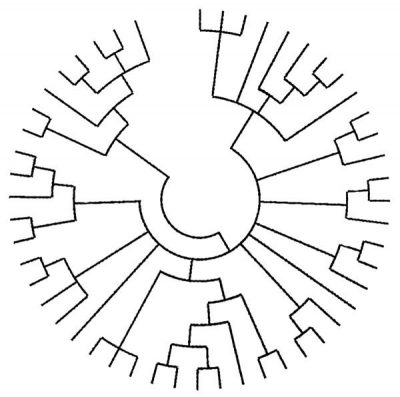Dinoflagellate evolution is still poorly understood in regard to evolution of the "host" cell as well as the plastid. For the host cell, the basal lineage is still ambiguous, and the evolutionary relationship among different dinoflagellate taxa are controversial for several lineages, especially the GPP complex. It has become evident that combination of morphological and molecular analyses is required to address these critical issues. While rDNA-based phylogeny has been instrumental, the weakness of rRNA genes for dinoflagellate phylogeny (as well as for other many other organisms) is now well recognized. Multi-gene approach, including protein-encoding genes, recently emerged as the highly preferable approach. Taking advantage of our success in sequencing mitochondrial protein coding genes, we are in an effort to collaborate with Dr. Bhattacharya who has worked on plastid genes such psbA, to reconstruct a robust dinoflagellate phylogeny.
